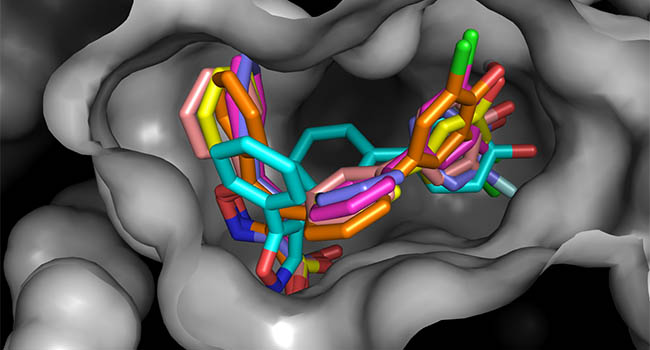
Launching the AMR Network with an exciting new spinout company
With the launch of our new AMR Research Network these are very exciting times to be working on antimicrobial resistance (AMR) at The University of Manchester.
The AMR Research Network brings together over 100 researchers from across all faculties of the university and the Manchester University NHS Foundation Trusts. This is a fantastically diverse group, including biologists, physicists, chemists, mathematicians, and, of course, clinicians. Importantly, the AMR Network includes researchers at all career stages, including many early career researchers and research fellows.
These AMR Network researchers are working on many, varied approaches to combating the AMR crisis. These range from designing new drugs and diagnostics, to improving the architecture of hospital clinics, and tracking the dynamics of individual resistance mutations in single bacterial cells in real-time.
In this blog, over the coming months, we will showcase these researchers and projects to highlight the diversity of AMR research happening at The University of Manchester.
To begin, we focus on the amazing discovery by Professor Lydia Tabernero of a new way to treat tuberculosis infections, and the formation of a new spinout company, TABRIX, to develop these new drugs.
Tuberculosis (TB) is an infection caused by Mycobacterium tuberculosis (Mtb), which affects approximately 25% of the human population and causes 1.6 million deaths per year. Current treatments for TB involve long courses of multiple antibiotics. However, these antibiotic treatments often are unable to completely clear the infection, leading to relapse and driving increasing levels of antibiotic resistance.
Whereas antibiotic treatments aim to kill or prevent growth of Mtb, Professor Tabernero and her team have discovered a way to reduce the damage that Mtb causes. This works by blocking the action of proteins that Mtb secretes to evade the immune response. This new form of anti-infective treatment could, therefore, help the immune system to clear Mtb infections. Crucially, even those TB infections caused by Mtb strains that are resistant to traditional antibiotics.
Following successful development of these new anti-infectives in the lab, TABRIX seeks to advance these exciting new treatments into human clinical trials.
Find out more about TABRIX at the Innovation Factory and by watching this short video.





0 Comments